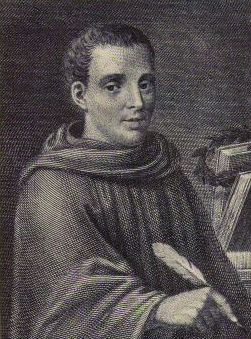“Tis Nature’s use, when in one point she fails.
Aye in some other to make good the loss.”
Satira a S. Pandolfo Pucci (published 1548).
Translation reported in Harbottle's Dictionary of quotations French and Italian (1904), p. 435.
